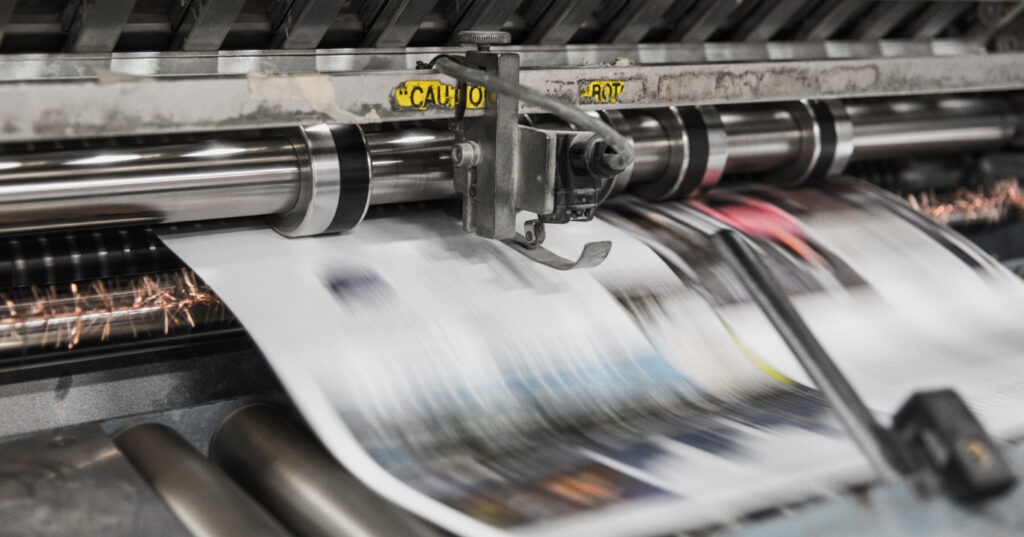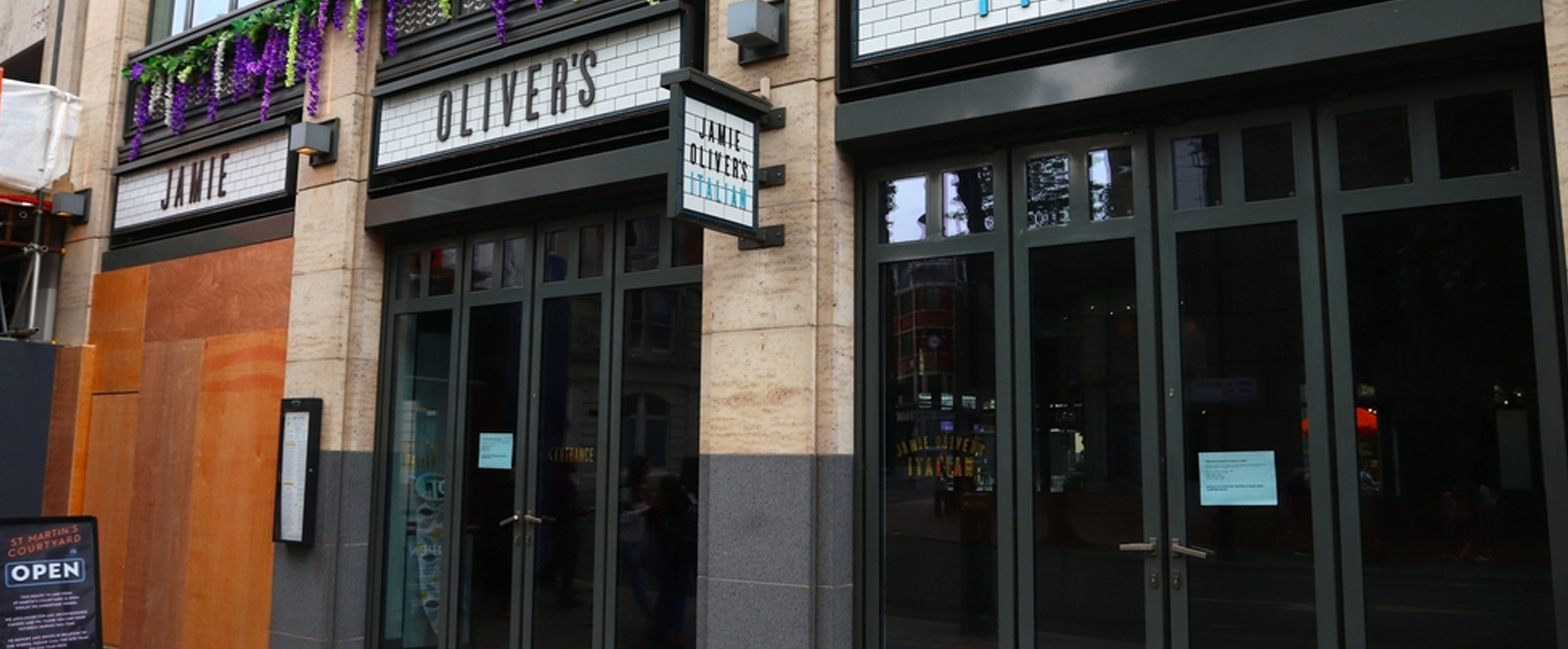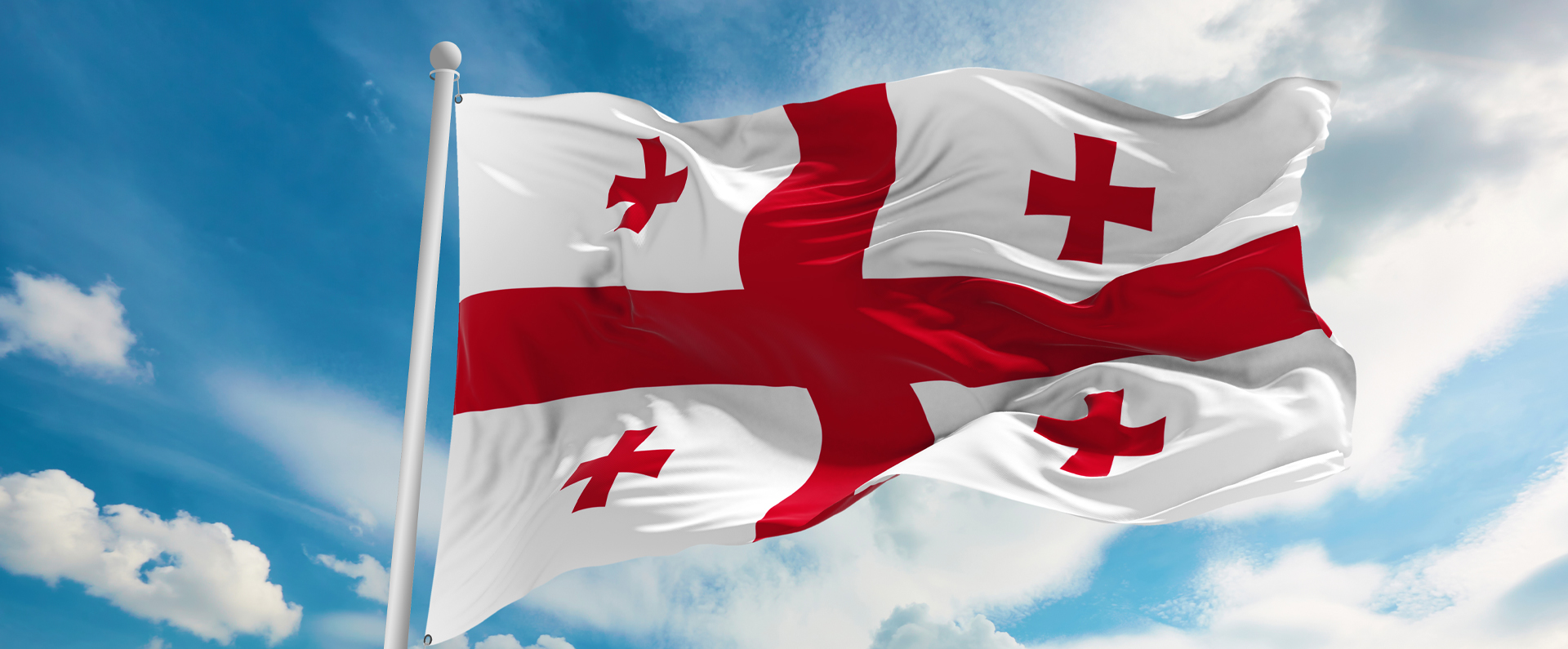
And so the 2,000-page Leveson report into the culture, practices and ethics of the Press has landed with an almighty thump in anxious news rooms up and down the country.
As a businessman with media interests (including a controlling one in ConservativeHome), I have been awaiting the publication of the report with a growing sense of anticipation.
Equally, as someone who was a victim of the excesses of the Press (or more specifically The Times) during my own annus horribilis in 1999, I have been eager to learn how Lord Justice Leveson’s recommendations would give wronged members of the public greater powers to fight back.
Over more than eight enthralling months, more than 600 people, ranging from Prime Ministers to aggrieved celebrities and powerful media moguls, gave evidence to the inquiry, either as witnesses or in statements.
However, it is the image of wronged members of the public, notably the parents of murdered schoolgirl Milly Dowler, that will live in the memories of most people for many years to come.
Could allegations that a newspaper (the News of the World) was responsible for hacking Milly’s voicemail while she was missing, then deleting them to allow more to be left, really be true, when the inevitable consequences were that the schoolgirl’s desperately-worried parents would be given false hope that she was still alive?
In his findings today, Lord Justice Leveson proposes a tougher form of self-regulation backed by legislation to uphold press standards. He would like to see the new body as being overseen by Ofcom, the independent communications watchdog.
Lord Justice Leveson wants the independent regulator to have the power to fine newspapers up to £1 million, or 1 per cent of turnover, for breaching a new code of conduct.
When the Leveson inquiry opened more than a year ago, I wrote in my blog of 16 November 2011 that I was relishing poring over the evidence that would be presented to the inquiry.
I also predicted – accurately as it has turned out – that it would be elements of the quality newspapers, not just tabloids, that would be left to squirm over some of the unsavoury revelations. Don’t forget that back in February of this year James Harding, the editor of The Times, was recalled to the inquiry over fresh revelations of email hacking by a member of his staff.
Furthermore, I wrote more than a year ago: “What I do want to see, however, is a fair and thorough scrutiny of the press, because it is long overdue. For too long, the Press Complaints Commission (PCC) has been a toothless watchdog and the levels of scrutiny by some – and I stress some – newspapers of the activities of their own reporters have been totally inadequate.”
A proper scrutiny, under the able chairmanship of Lord Justice Leveson, has now taken place and today he, like me, also concludes that the PCC and its powers are insufficient to curb the worst aspects of the Press.
I certainly do not want to see the freedom of the Press, something that has been protected for some 300 years, curbed by draconian new laws.
My instinctive reaction to today’s report is similar to that of my good friend, William Hague, who said earlier this week that the Government should “err on the side of freedom” when considering plans for press regulation.
I, like others, am still examining the fine detail of the report. However, I certainly welcome one proposal: that the Information Commissioner should be given greater powers to prosecute newspapers for breaches of data protection. For I have repeatedly seen that too many newspapers have not taken such laws seriously in recent years.
Time will tell whether all, or some, of Lord Justice Leveson’s recommendations are adopted by the Government but, whatever happens, this inquiry and its report will mark a watershed for the Press.
Newspapers will have to be more accountable than ever before to the public, in general, and their readers, in particular. Never again will all-too common practices such as hacking mobile phones and bribing the police and other public officials be tolerated by a watchful public which, from now on, will demand that – at the very least – the Press must abide by the same laws as the rest of us.



